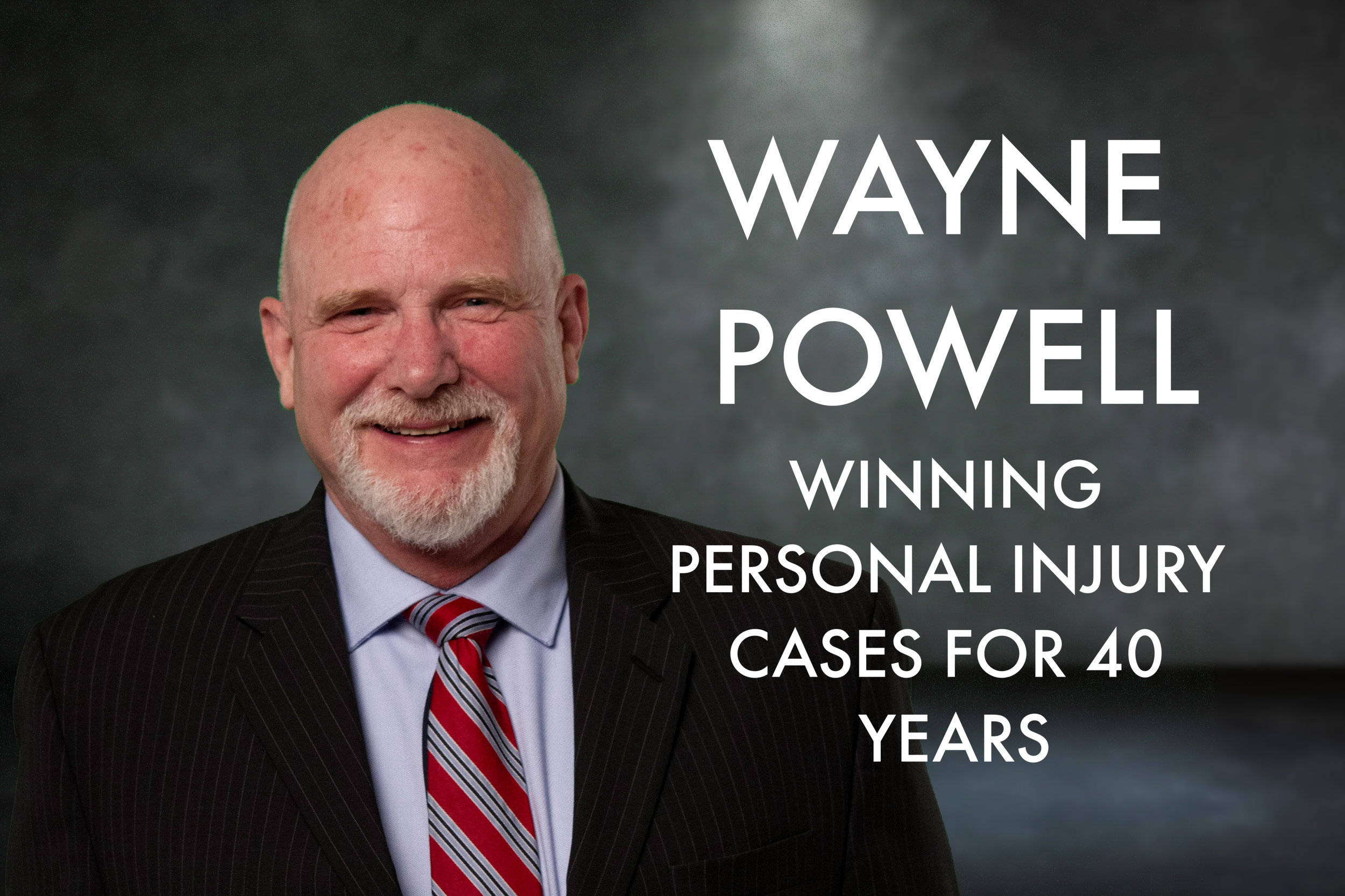A Traumatic Brain Injury (or TBI) is a serious type of injury suffered by millions of people every year. These injuries can be catastrophic and have the potential to permanently change the lives of a victim and their loved ones. This page will answer some questions that you may have if you or a loved one suffered a traumatic brain injury.
We will discuss:
Common causes of Traumatic Brain Injuries
Health effects of Traumatic Brain Injuries
What to do if you or someone close to you has suffered a Traumatic Brain Injury
What is a Traumatic Brain Injury?
Traumatic brain injuries most often come up in three types of accidents:
Falls
Motor vehicle crashes
Sports injuries
How common are Traumatic Brain Injuries?
Extremely common. In fact, here are some numbers to illustrate that point:
In 2009, a staggering 3.5 million Traumatic Brain Injury victims were hospitalized, and survived. That same year, over 52,000 people died from Traumatic Brain Injury-related diagnoses.
Falls (48% of Traumatic Brain Injury hospital visits)
Car accidents (20% of hospital visits)
Being struck by, or against an object (17% or hospital visits)
How can a Traumatic Brain Injury affect my life?
If you’ve ever taken a hit while playing sports, you already know what a mild concussion feels like. A concussion is a mild form of Traumatic Brain Injury. A concussion might make you feel confused and unable to remember details for anywhere between a few seconds, and a day. It might also cause you to black out for about thirty minutes, vomit, or have trouble sleeping or waking up.
If a Traumatic Brain Injury is considered ‘moderate’ or ‘severe’, it can cause a variety of serious, long-term physical and mental health effects. Victims might become unconscious, and experience memory loss for an hour or much longer. They might slur their speech, or lose their ability to think clearly, balance themselves, walk, or even swallow food and water. They might also experience seizures, convulsions, or drastic changes in mood. Changes in mood, ability to pay attention, and eating or nursing habits are especially common in young children. These conditions can sometimes be treated with intensive physical and cognitive therapy. However, they can unfortunately last for the rest of a person’s life.
Because long-term disabilities are not readily visible to the public, like a broken leg, for example, the CDC refers to Traumatic Brain Injuries as an “invisible epidemic”. Although they are not always outwardly apparent, they frequently take a severe toll on social and family relationships, and might end a person’s career.
How much can a Traumatic Brain Injury victim recover in damages?
If you have suffered a traumatic brain injury caused by somebody’s negligence, you may choose to hire an attorney. If you do, it is important to choose a lawyer who specializes in personal injury cases, and who has a successful track record in traumatic brain injury cases. Hopefully, they will take the time to carefully review your case, and honestly assess your likelihood of success.
Every Traumatic Brain Injury case is different, so it is difficult to predict how much any given case is worth. However, here is a brief list of some damages that your attorney may pursue to successfully represent you.
Lost wages (past, present, and future)
Cost of short-term and long-term caretakers
Medical expenses from your immediate treatment
Punitive damages, if you can prove that the defendant acted with malice, or willful and wanton disregard for the rights of others
Damages in a wrongful death claim, if the victim has passed away, and left behind surviving family members.
How do I choose an attorney to represent me?
Success in a complex Traumatic Brain Injury case requires a great deal of knowledge, skill, and experience. That’s because Traumatic Brain Injury cases often require an attorney not only to prove liability, but also to calculate damages extending decades into the future. For example, calculating lost wages often involves the use of expert witnesses who can explain the difference between somebody’s projected earnings before and after the injury. Then, if the case goes to trial, the attorney has to translate this highly technical information into a format that a jury can easily understand.
The same is true for calculating the cost of long-term caretakers, and medical costs. A Traumatic Brain Injury victim may need long-term care for the remainder of their life. A skillful attorney with experience litigating Traumatic Brain Injury cases will consult with long-term care experts to calculate these figures and persuade an opposing party to settle, or a jury to find in the victim’s favor.
E. Wayne Powell is a personal injury attorney who has represented clients in over thirty Traumatic Brain Injury cases, returning multi-million dollar verdicts on behalf of his clients. He has helped people who suffer from catastrophic brain and spine injuries that left them paraplegic, quadriplegic, or otherwise severely disabled. He owes much of his success to his previous career as the litigation chair for a large health insurance company in Virginia. Since founding his law firm, he has used his intricate knowledge of the health insurance system to help injured clients.
Click here to read 6 Reasons Why a Personal Injury Lawyer May Not Take Your Case in Virginia









